





































































































































Our national pain
Imagine if every day in America, 171 people died from the Ebola virus. Or if every month, there were eight crashes involving 747 airplanes. What would be the reaction if we were struck by nearly 21 terrorist attacks on the scale of 9/11 every single year?
Those scenarios may seem impossible to imagine, yet this country is facing a crisis of similar proportions. According to a study published on June 5 by The New York Times, some 62,000 Americans died from drug overdoses last year, a 19% increase from 2015. That's the largest annual jump recorded in the United States, and it is driven in large measure by an epidemic of opioid addiction.
I know all too well how powerful the pull of opioids can be. I played basketball at Kentucky in 1986–87 and '87–88 and enjoyed a 12-year NBA career. After multiple injuries and seven surgeries, I developed an addiction to prescription painkillers. My masters were Vicodin, OxyContin and Suboxone, and they led me into a life of isolation and erratic behavior and, in the fall of 2014, to my arrest for retail theft. (I later entered a guilty plea, paid restitution for the items I stole and was sentenced to 750 hours of community service.)

I am one of the lucky ones: I had the financial resources and family support that enabled to me to enter rehab three times. My last stint was in the fall of 2014, and I have now been clean for three years. That is amazing to me. There were many times I didn't think I could go without opioids for three hours, much less three years.
Though I was fortunate enough to get a grip on my addiction, I realize that millions of Americans are suffering. That's why I am working to bring awareness and to influence policy makers to address this plague. My home state of Kentucky has been especially hard hit. In 2015, more than 1,300 Kentuckians died after drug overdoses, many with opioids in their system. That's about four per day. That same year, more than 353 million doses of opioid painkillers were dispensed in Kentucky—enough to provide every man, woman and child in the state with 79 pills. Like me, many of these people were first introduced to opioids by a doctor. This is the crux of the problem. The U.S. makes up 4.6% of the world's population, but we consume 99% of the world's hydrocodone. How can that be? Are we in more pain than the rest of the world?

I was heartened when the Trump Administration recently backed off its plan to slash the budget of the Office of National Drug Control Policy by 95%. Proving that this crisis does not belong to any political party, one of the loudest voices opposing the cut was Sen. Shelley Moore Capito, a Republican from West Virginia, the state that suffers from the highest overdose rate in the nation.
This is not the time to cut back. According to a report issued by the Surgeon General last November, only one in 10 U.S. addicts is able to find the necessary treatment. Kentucky is doing all it can, beginning by regulating pain clinics more tightly as well as doctors who prescribe these drugs. Our state has also expanded access to Naloxone, a life-saving drug that can treat opioid overdoses, and Kentucky has expanded access to treatment beds by at least tenfold over the last decade. It's a start—but only a start.

At the federal level I'd like to see more of what Congress has done in passing CARA (Comprehensive Addiction and Recovery Act) and the 21st Century Cures Act, which funds CARA. It's also important for Congress to hold public hearings and other events to keep this epidemic at the forefront of people's minds. This issue receives insufficient coverage on cable-TV news. That needs to change.
I did not vote for President Trump, but I was pleased that during his campaign he said all the right things about addressing this escalating crisis. I am hoping that his administration will do all it can to back up those words. The people in Kentucky and across the nation are badly in need of help. This isn't a partisan problem. It's a human one.

2024 NBA Playoff Bracket: Updated schedule, scores, standings
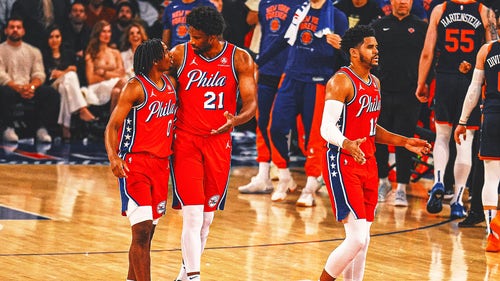
NBA says 76ers' Tyrese Maxey was fouled twice before late turnover in Game 2 loss
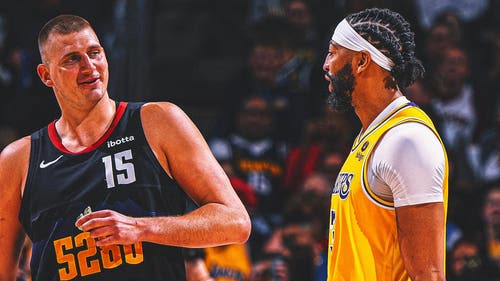
Nikola Jokić's brother reportedly involved in altercation after Nuggets' win

NBA Champions by Year: Complete list of NBA Finals winners
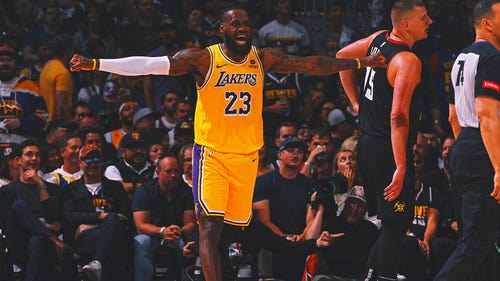
Lakers fall in 2-0 hole vs. Nuggets in first-round series. What went wrong?
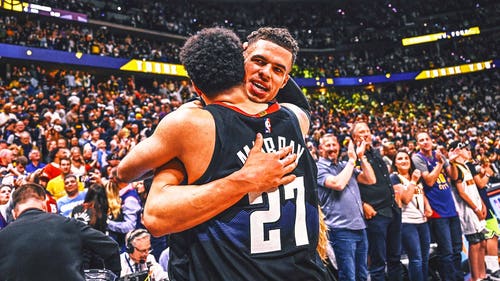
Jamal Murray beats Lakers at buzzer, Nuggets take 2-0 series lead
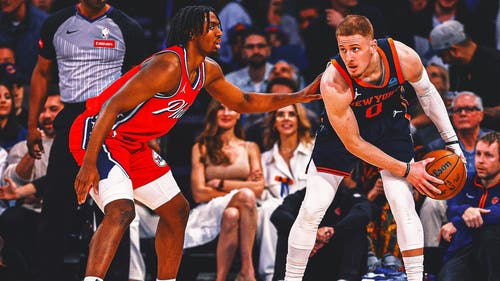
Sixers to file grievance about officiating during first two games vs. Knicks
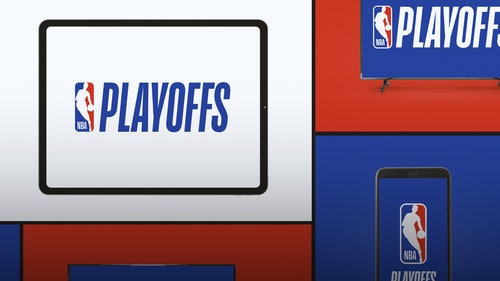
2024 NBA Playoff Schedule: How to watch NBA Finals, TV, streaming, free
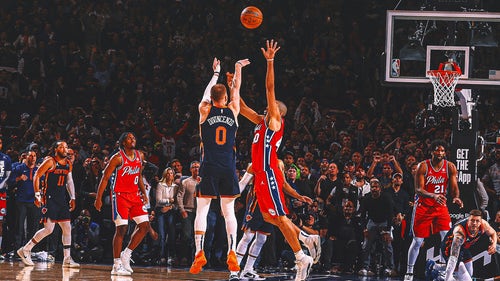
Donte DiVincenzo caps desperate rally with 3-pointer, Knicks beat 76ers 104-101 to take 2-0 lead


2024 NBA Playoff Bracket: Updated schedule, scores, standings

NBA says 76ers' Tyrese Maxey was fouled twice before late turnover in Game 2 loss

Nikola Jokić's brother reportedly involved in altercation after Nuggets' win

NBA Champions by Year: Complete list of NBA Finals winners

Lakers fall in 2-0 hole vs. Nuggets in first-round series. What went wrong?

Jamal Murray beats Lakers at buzzer, Nuggets take 2-0 series lead

Sixers to file grievance about officiating during first two games vs. Knicks

2024 NBA Playoff Schedule: How to watch NBA Finals, TV, streaming, free

Donte DiVincenzo caps desperate rally with 3-pointer, Knicks beat 76ers 104-101 to take 2-0 lead
